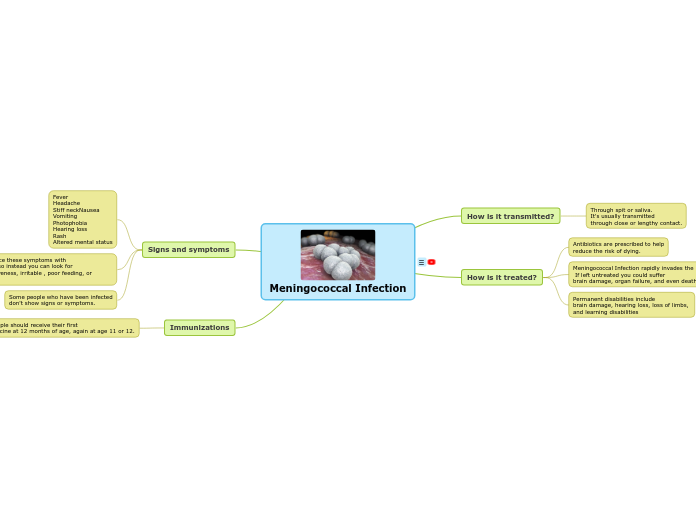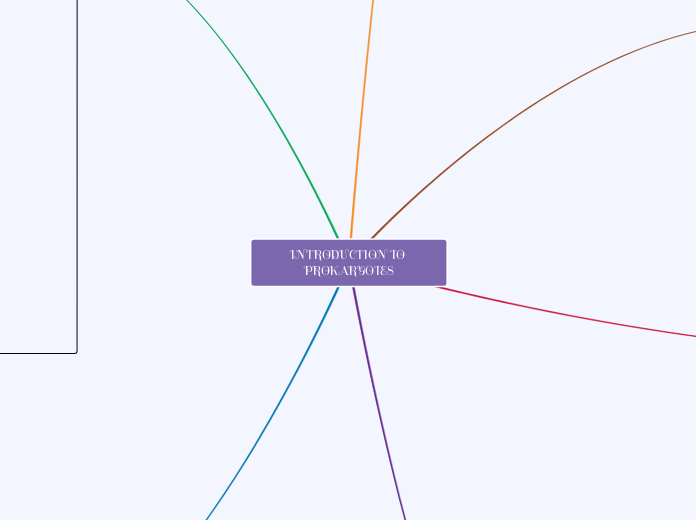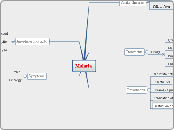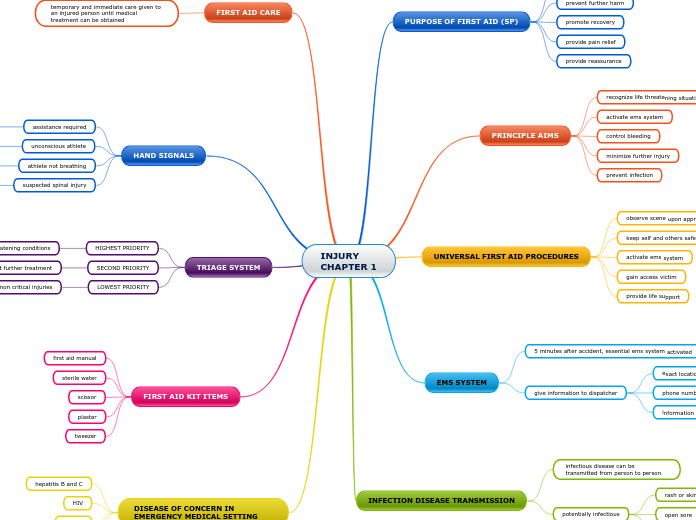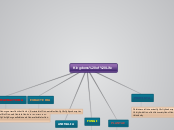por Brooklyn Bakker hace 4 años
271
Meningococcal Infection
Meningococcal infection is a serious condition caused by the bacteria Neisseria meningitidis, which affects the lining of the brain and spinal cord, leading to swelling or bloodstream infections.
